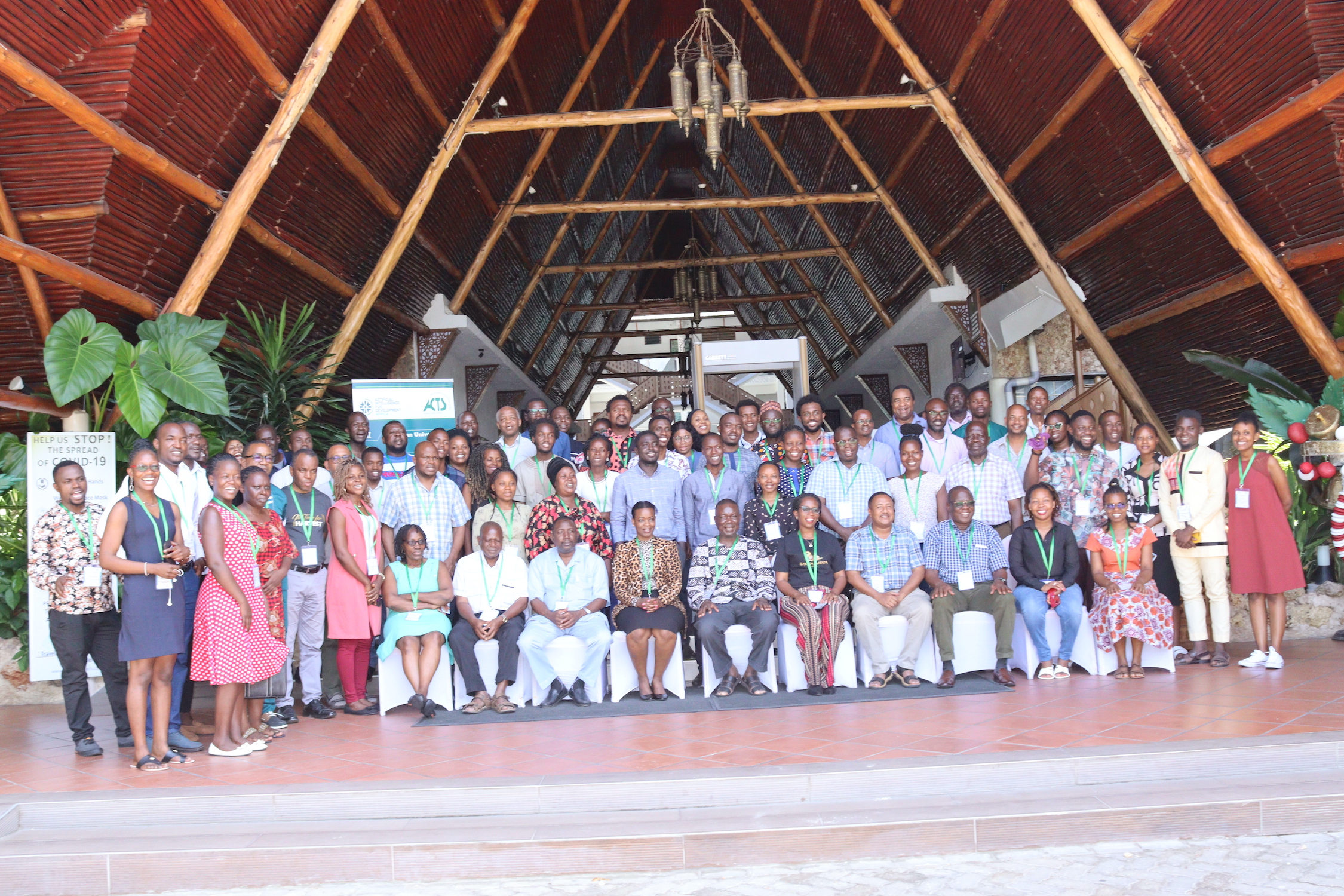
AI4D Africa Programme
The African Centre for Technology Studies (ACTS) is implementing the Artificial Intelligence for Development Africa (AI4D) Scholarship Project to foster and nurture talent in responsible Artificial Intelligence (AI) and Machine Learning (ML) in African public universities.
The 2-year project, funded by the International Development Research Centre (IDRC) and UK’s FCDO, aims to meet the growing demand of demand for research and development in responsible Artificial Intelligence (AI) and Machine Learning (ML) in the continent.
Specifically, the project is supporting selected scholars to undertake and successfully complete PhD research in AI and ML in African universities; and early career academics (ECA) to strengthen their research and development capacities in the two areas. Special consideration is given to research projects on responsible AI innovation for sustainable development, gender equity, equitable regional distribution in low-income countries.
Project partners
ACTS is implementing the AI4D Africa project in partnership with Kwame Nkrumah University of Science & Technology in Ghana; University of Linkoping, Sweden; University Cheikh Anta Diop de Dakar, Senegal; Regents of the University of California, United States; Research ICT Africa , South Africa; HUMA – University of Cape Town, South Africa and Eduardo Mondlane University, Mozambique.
This initiative is built on the premise that whereas majority of doctoral graduates expect to secure jobs in academic and research, a postdoctoral period is desirable to develop fully-fledged, independent, and competent researchers. Also, there are very few universities in Africa that currently offers MSc and PhD programs in AI and ML. The bulk of the departments, however, do offer MSc and PhD in ICT related courses with some potential to supervise PhD in AI and ML.
Expected Outcomes
After three years, it is expected that there will be a critical mass of scholars to enhance research and development in AI and ML related fields while public universities in sub-Saharan Africa will have developed their capacities to provide postgraduate training in AI and Machine Learning. In addition, there will be adequate access to knowledge by researchers and practitioners and enhanced networking opportunities of the AI and ML scholars.The programme is also expected to generate substantial evidence for policy making on AI and ML related issues enhanced in Sub-Saharan Africa.
Team Members
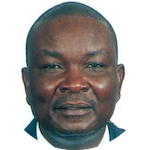
Prof. Tom Ogada
Executive Director
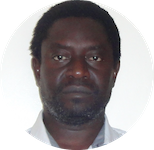
Dr. Winston Ojenge
Head Digital Economies Programme
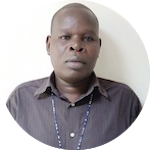
Patrick Obunga
Research Fellow

Samuel Wanjau
Research Fellow
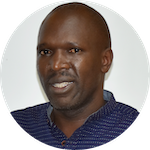
Alfred Oduor
Communications & Outreach Officer

Mercy Ayub
Research Fellow

Fiona Makayoto
Communications Assistant

Caroline Bwire
HR Officer
